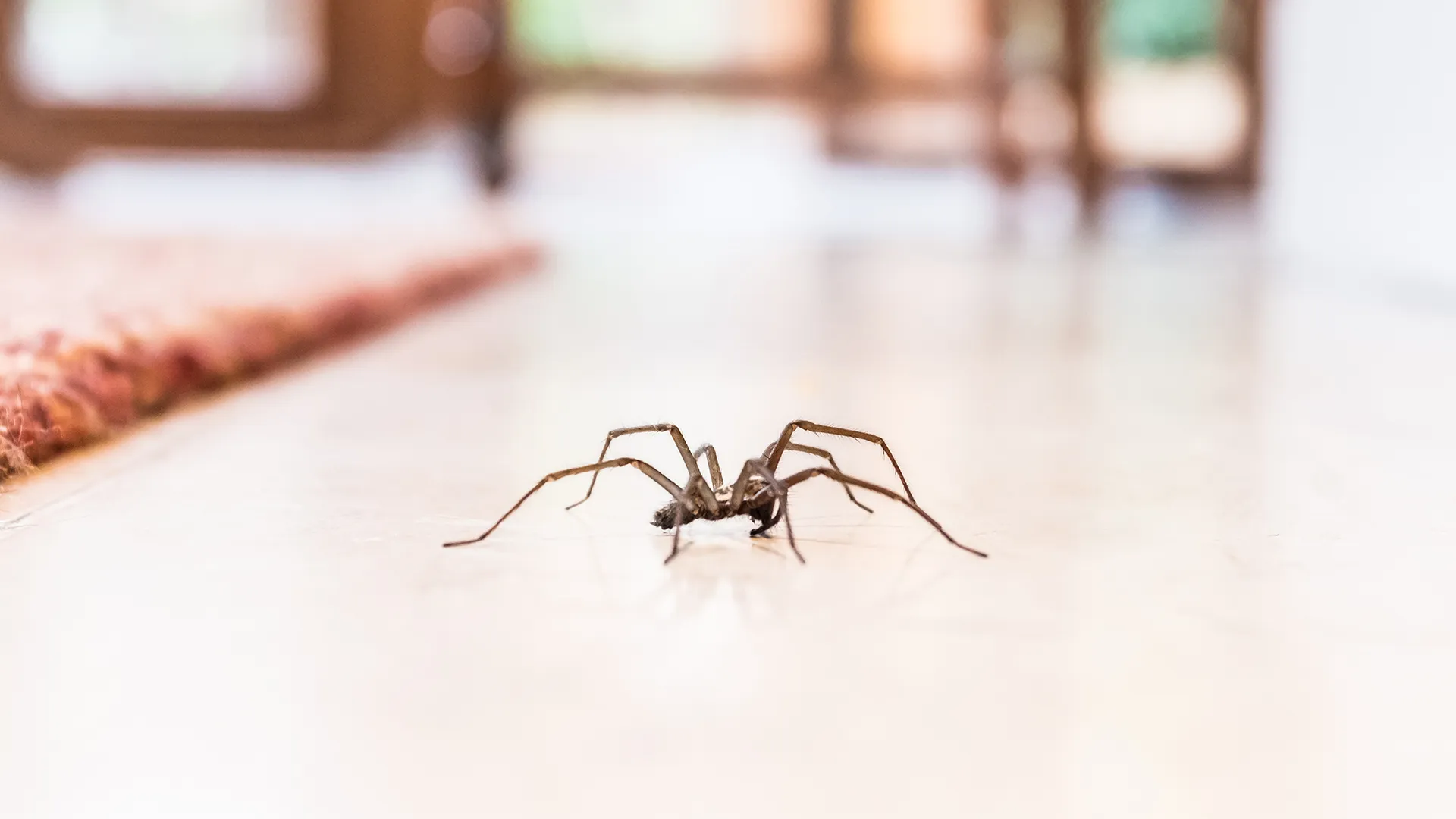Whether you’re installing your first security camera or updating an existing setup, you’ll want to choose the right model for your needs. This can be a bit overwhelming, with so many options available on the market.
The right camera should offer a variety of features, like livestreaming, two-way audio, person detection and night vision. It should also be compatible with other smart devices and systems.
Camera Resolution
Camera resolution is one of the most important factors in choosing the right security cameras for your home. It affects image quality and also how much storage space these cameras need to store video footage.
When it comes to camera resolution, there are many different options. Some of the most common ones include 2MP (1080p), 4MP (1440p), 5MP (1920p), and 8MP (4K/2160p).
Generally, security cameras that record in a higher resolution offer stable image quality both day and night. However, they require a lot of space to store the videos.
The most obvious way to determine a camera’s resolution is to look at the pixels. Typically, a megapixel refers to one million pixels.
Camera Angle
The camera angle is one of the most important aspects of a film or video, influencing how the audience feels about a character or the overall atmosphere of a scene. Each type of camera angle has a different effect, and it’s important to know how each affects your emotions before choosing security cameras for your home.
For example, a front angle can give the impression that a subject is aware of you, even if they’re not. This can be useful in films that deal with power dynamics or other emotional situations where a viewer needs to decide how to feel about the characters.
The angle of the camera also has a huge impact on the field of view, or the distance that it can see. A wider viewing angle allows for a greater area to be captured, while a narrower one can distort the image at the edges.
Camera Coverage
Security cameras can be an invaluable part of your home’s security system. But choosing the right ones can be a bit of a challenge.
The right camera for your needs depends on many factors, including the areas you want to monitor and whether or not they need Wi-Fi connectivity (wireless cameras don’t require a connection to your home’s wiring system).
A good camera should cover all of your strategic and vulnerable locations around your house, as well as any areas that would be useful for motion detection, if that’s an optional feature.
A dome-shaped security camera typically covers a larger area from side to side than a bullet-style camera. However, both types of cameras can be useful for monitoring your entire property.
Camera Battery Life
Camera battery life is a critical factor when choosing the right security cameras for your home. It can have a big impact on the overall performance of your camera and its reliability.
How long your camera battery lasts depends on a number of factors, including the type of battery and its wattage consumption. You can find these numbers on the housing of most professional camera batteries or by searching for your model on Google.
Your camera’s battery life is also affected by the way you use it. For example, taking pictures with the LCD screen on, using LiveView to review or change settings, and changing the brightness of your camera can all drain battery power.




